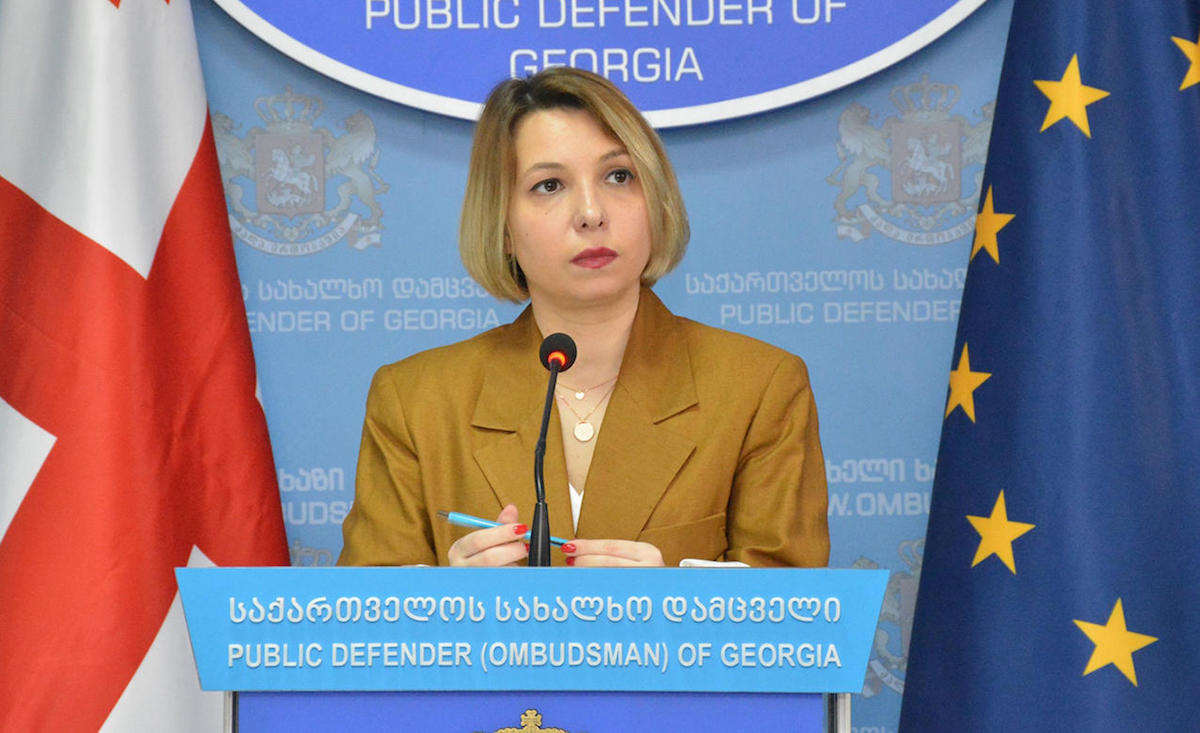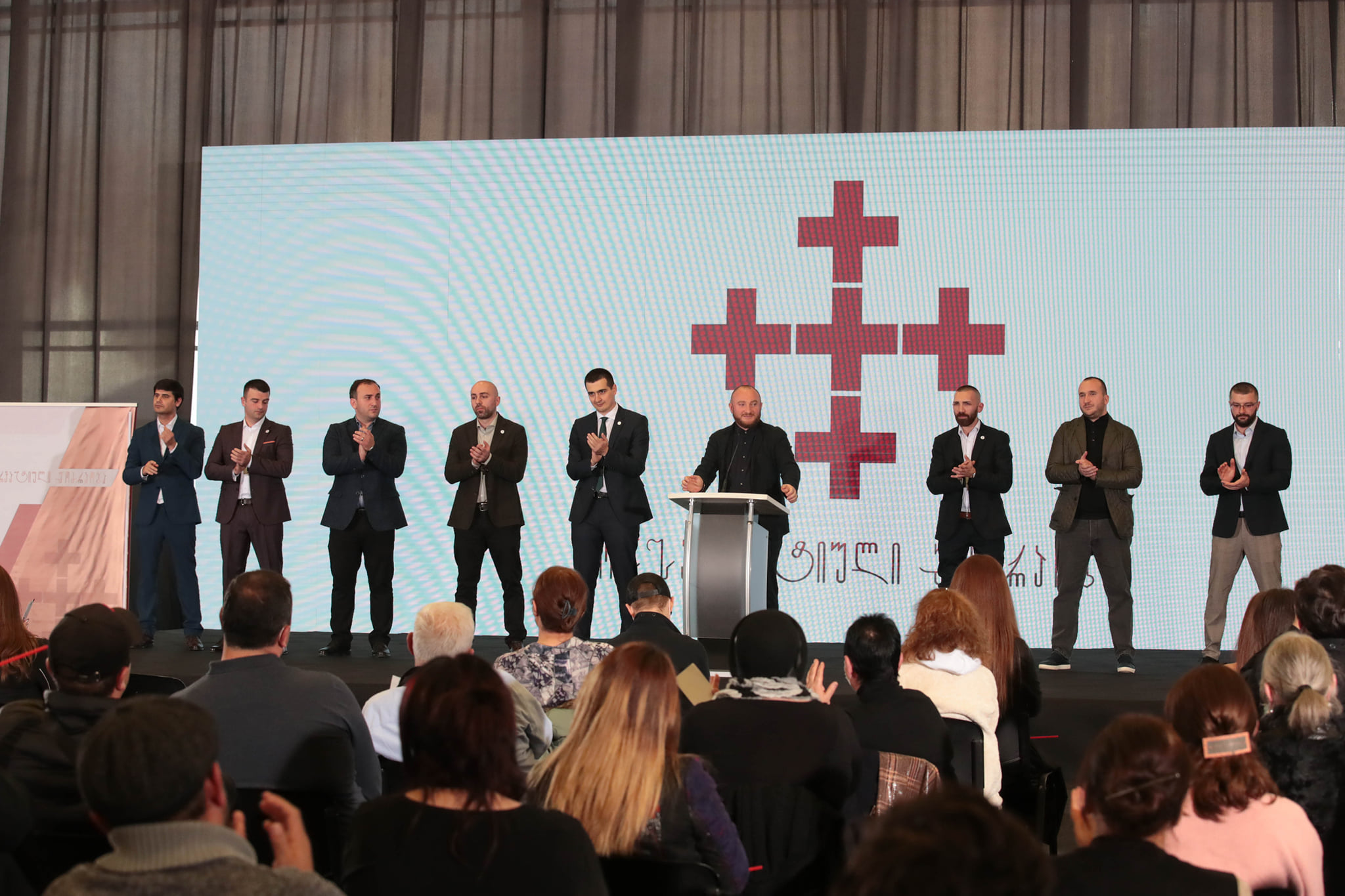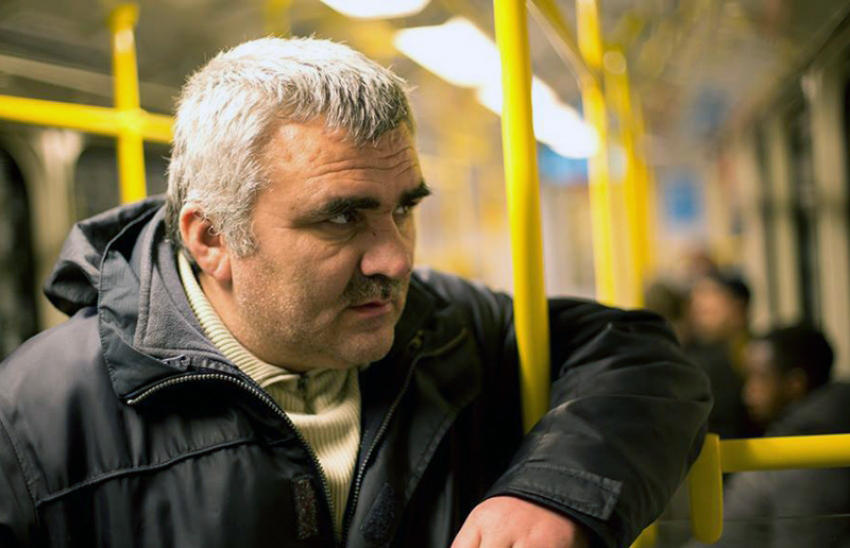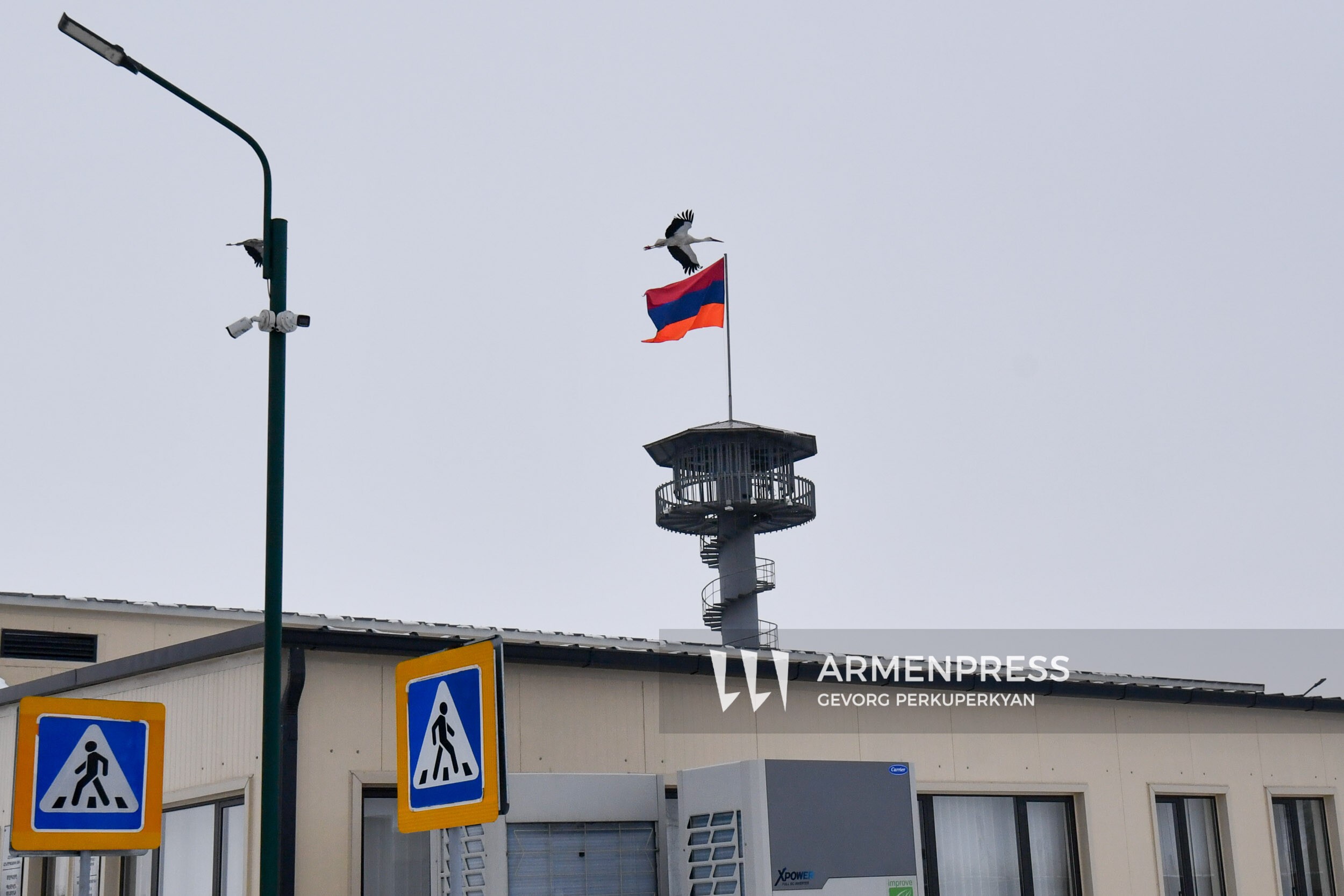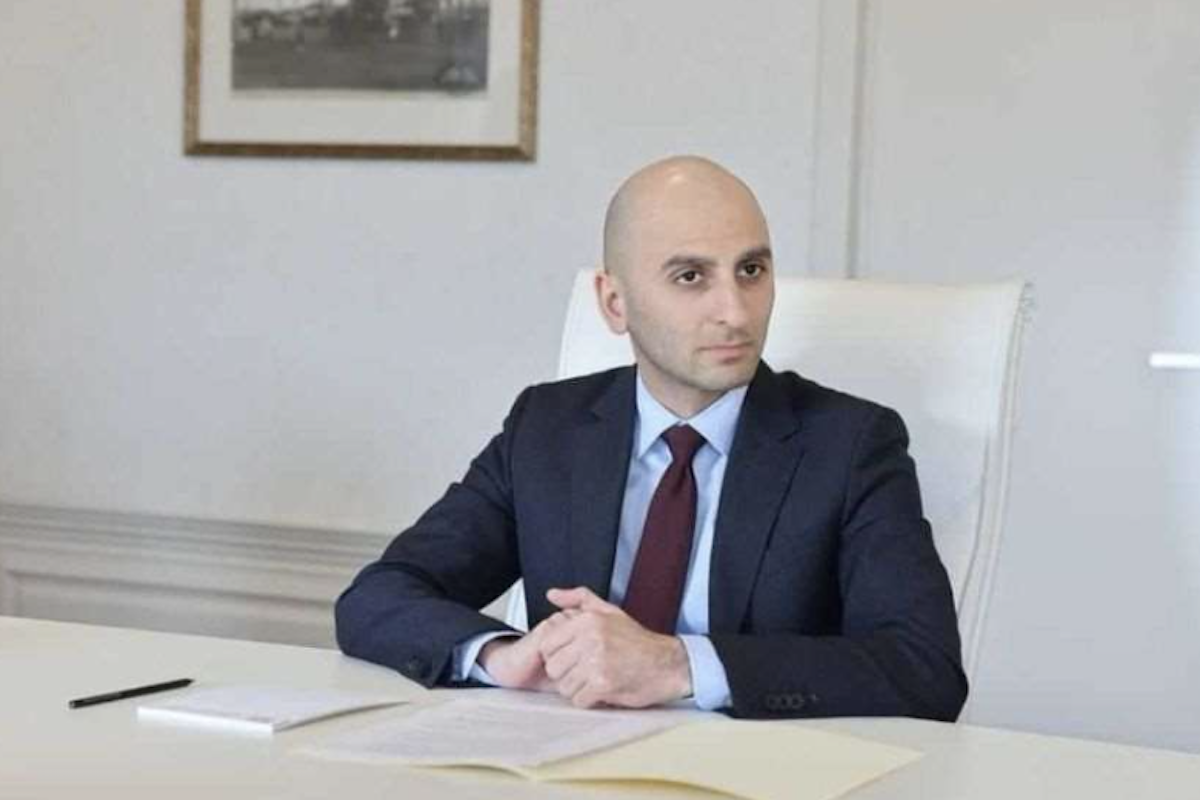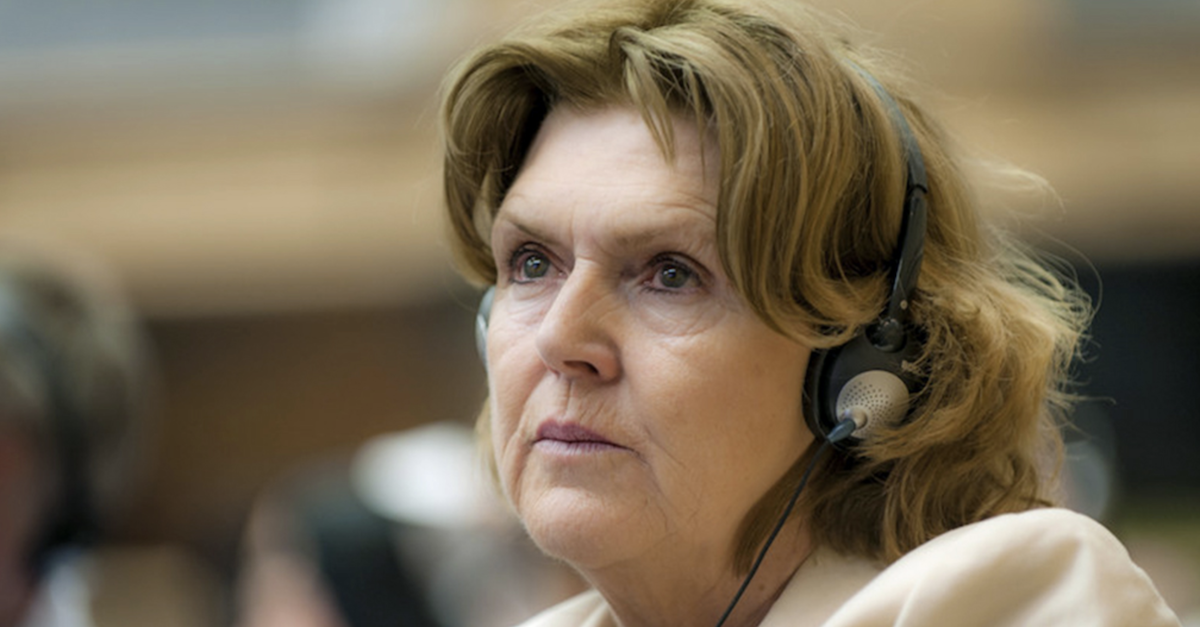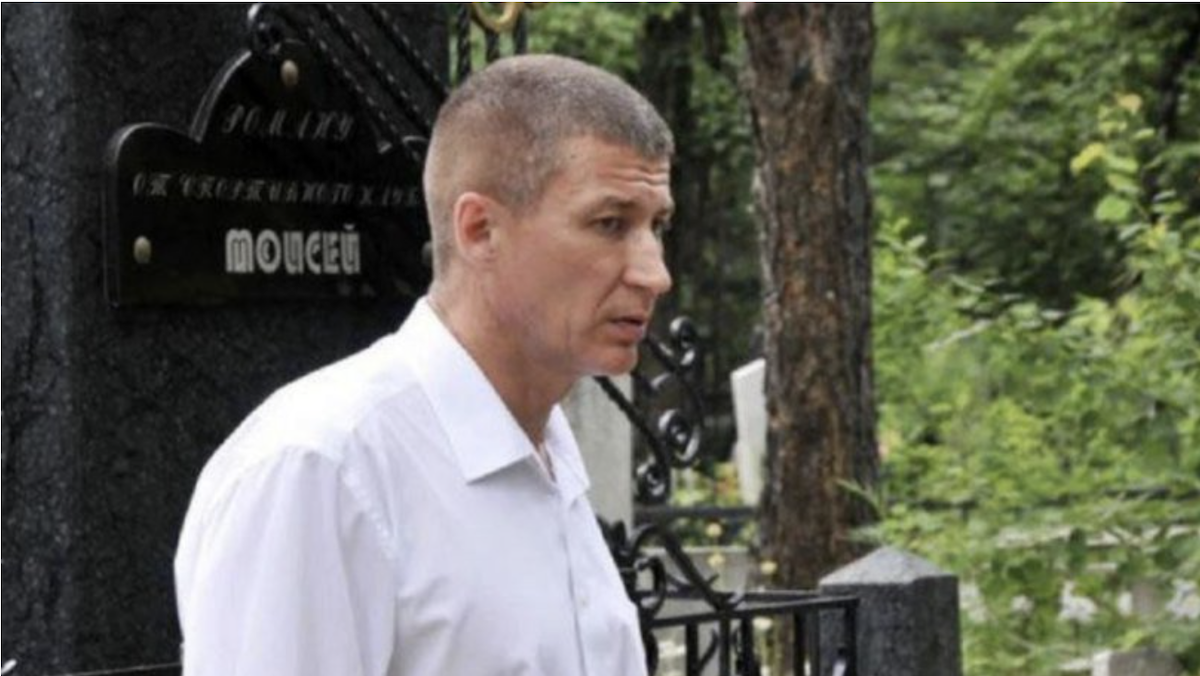US State Department report on Georgia: unpunished violence, courts, media and Saakashvili in focus
US Department of State Report on Human Rights in Georgia
The US Department of State has released its 2021 Human Rights Practices Report, with 85 pages devoted to Georgia. The report highlights that unpunished violence remains a problem in the country.
The document also highlights that important human rights issues include: serious problems with the independence of the judiciary, arbitrary or selective arrests that many consider politically motivated; unlawful interference with privacy; violence and threats against journalists; restrictions on freedom of peaceful assembly and expression and violence against the LGBT community.
“The government has taken steps to investigate human rights abuses against some officials, but impunity remains a problem. The failure of the government to conduct a credible investigation into the violence (against the LGBTQ community) on July 5-6 (2021) and hold the perpetrators of the violence accountable has led to impunity for the violence”, the report says.
Abolition of the State Inspector Service
The State Department notes that the government abolished the service of the state inspector in 2022, although 3 more years remained until the expiration of its term.
“Ruling party members of parliament expedited the vote by introducing the legislation and holding all three readings on it in less than a week without consultation with key stakeholders and in the face of strong domestic and international criticism”, the document says.
The State Inspector Service of Georgia is an independent state body that was established in May 2019 as the legal successor of the Personal Data Protection Inspector. Its main areas of activity are:
Control of the legality of the processing of personal data;
Control over hidden investigative actions and actions with the central bank of electronic communications and identifying data.
Impartial and effective investigation of especially grave crimes committed by representatives of law enforcement agencies and officials against human rights and freedoms, especially crimes committed with violence or insulting the personal dignity of the victim.
The State Department also talks about the circumstances related to the investigation into the case of ex-president Mikheil Saakashvili by the prosecutor’s office.
The report states that a few days before the start of the parliamentary hearings, the Office of the State Inspector investigated the alleged inhuman treatment of former President Saakashvili during his forced transfer from Rustavi Prison to Gldani Penitentiary Clinic:
“In the days leading up to parliament’s actions, the SIS had been investigating alleged inhuman treatment of former president Saakashvili during his forced November transfer from the Rustavi prison to the Gldani penitentiary clinic. The SIS had recently stated that the Justice Ministry and the Special Penitentiary Service violated the data protection law by releasing several controversial videos of Saakashvili’s transfer”.
Mikheil Saakashvili
The report focuses on the political rights of ex-President of Georgia Mikheil Saakashvili, who is mentioned 14 times in the document. The document reflects in chronological order all the facts of the inhuman and degrading treatment of the third president since his arrest.
The report also draws on reports from the Public Defender’s Office which state that the Prison Service barred the ex-President of Georgia from attending his own court hearings, in violation of the right to a fair trial under the Georgian constitution.
The document also mentions the transfer of Saakashvili from the Rustavi prison to the Gldani prison hospital:
“The Public Defender’s Office stated, “On November 11, 2021, the Ministry of Justice violated the prisoner’s right to honor, dignity, and privacy by releasing video footage showing the placement of Mikheil Saakashvili in Medical Establishment N18 against his will, seminaked, and in a degrading condition”.
LGBTQI+ rights
According to the document, attacks on LGBTQI+ representatives increased during the year, with homophobic and anti-Western actions culminating on July 5.
“Individual attacks were also on the rise. For example on April 30, a 17-year-old transgender girl was attacked by two unknown suspects who beat her, smashed her cell phone, and used transphobic rhetoric. On May 1, two individuals were charged for this crime and were released by the court on relatively low bail given the nature of the violent crime. On June 7, the case was referred for trial to the Tbilisi City Court; as of year’s end, the trial continued”, the report says.
The document also addresses the death of Lekso Lashkarava, cameraman of the Pirveli TV company.
“On July 11, Lekso Lashkarava, a cameraman of TV Pirveli, was found dead in his home. During the July 5 attacks (see section 2.b.), he had been severely beaten. The statements by law enforcement agencies soon after his death appeared aimed at discrediting the journalist instead of determining the cause of death”, the report says.
Mass media
The State Department report cites ruling party MPs Giorgi Volski and Irakli Kobakhidze as saying such statements by political leaders reduce media pluralism.
During the second round of municipal elections on October 30, Prime Minister Irakli Garibashvili called the opposition TV channel Mtavari a “provocateur.” And MP from the ruling party, Irakli Dachi Beraya, called another opposition TV channel, Formula, a “sonder of the National Movement,” writes the State Department.
According to the State Department, from October 2020 to the end of September 2021, there were 93 cases of violence against media representatives and 55 cases of covert wiretapping of journalists. According to the State Department, Radio Liberty and Formula journalists confirmed that the Georgian State Security Service’s wiretapping materials, which got into the media, contain their real conversations.
“Civil society believes that the government did not investigate or prosecute such violence. In addition to the violence on July 5-6, there were a number of attacks on media representatives. In particular, on February 25, when Formula TV presenter Vaho Sanaya was physically attacked for his journalistic activities. On August 25, the three attackers were found guilty after six months of pre-trial detention, sentenced to 150 hours of community service and fined. The verdict, perceived as unnecessarily light, sparked outrage among media rights activists and cheers from far-right circles, who commented on social media that Sanaya deserved it”.
The State Department also talks about the founder of Formula TV, David Kezerashvili. In the section “Freedom of speech of the press and other media, including Internet media”, the report states that the Ministry of Defense filed a lawsuit against Kezerashvili in court two days before the elections to local self-government:
“The lawsuit requested more than five million euros ($5.8 million) in compensation for damage Kezerashvili allegedly caused during his tenure at the ministry. The first court session was scheduled for January 27, 2022. Opposition groups described the case as politically motivated”.
Afgan Mukhtarli case
The section on disappearances refers to the Azerbaijani journalist Afgan Mukhtarli, who was kidnapped in the center of Tbilisi in 2017 and ended up in prison in Azerbaijan. It states that in his case there are still concerns about the impunity of government officials:
“In an April 22 interview with Meydan TV, Mukhtarli asserted that government bodies, including the Ministry of Internal Affairs and the State Security Service, had cooperated with Azerbaijan’s State Border Service and State Security Service in his abduction. Following Mukhtarli’s March 2020 release from Azerbaijani prison, he moved to Germany where he resided with his family. In the absence of accountability, concerns continued regarding impunity for government officials in connection with the Mukhtarli case”.










